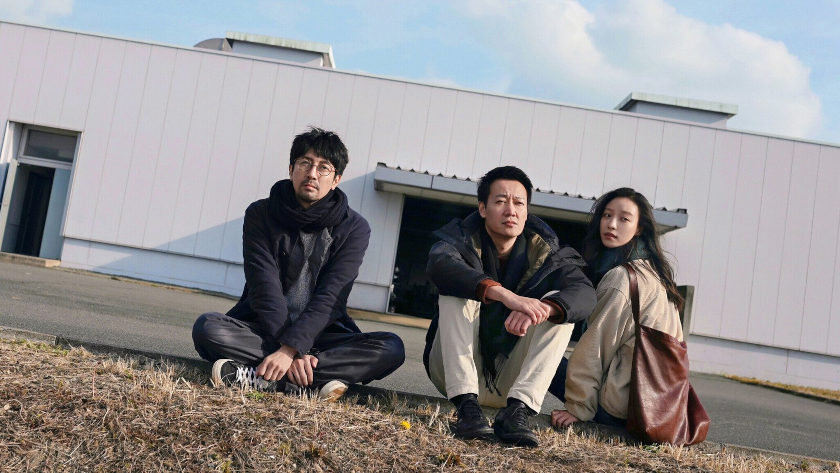Vassilis Kroustallis review the Chinese drama of relationships Yanagawa by Zhang Lu
There are many places called Venice, and Korean-Chinese director Zhang Lu makes it the case (convincingly, but not sublimely so) that a canal city can somehow reignite a story of longing and affection between two brothers and their long-lost mutual love. Li Gong (Zhang Luyi) has stage 4 cancer and is a bespectacled individual who instead cares to lose than participate in the life game. Described by his more exuberant brother Li Chun as a 'wacko', Li Gong still persuades his older brother -whose marriage is as conventional and worn out as it can be to go on a trip to the Japanese Venice, Yanagawa.
In truth, Yanagawa looks more like one of the deserted Jim Jarmusch places -but substituting rock music with Japanese karaoke. In a film where language is constantly debated as a means of understanding (Li Gong won't speak Pekingese, but will fluently speak Japanese -something that upsets his Li Chun), we seem to move to a bromance of sorts -even a gondola-style walk is filled with memories of both.
Yet, Zhang Lu fleshes out the rather thin story and rivalry between the true brothers, and introduces the third character Liu Chuan (Ni Ni), the object of affection for both brothers, who mysteriously left Beijing many years ago -and after a trip to London, she now resides and sings in Yanagawa. Her reasons seem as fleeting but credible as ever: Yanagawa is the Japanese translation of her own name, and the man who suggested this to her is now the landlord to both brothers.
Zhang Lu proceeds this mild Rohmerian story utilizing Liu Chuan as the centerfold; she is tired but still seductive, ready to be manipulated by the Li Chun (an excellent Xin Bai Qing) but also making amends for the most pensive Li Gong. Secondary characters shine in their own moments, adding credibility to the place and the surroundings outside the main story -even though not all story plots and twists connecting them really work.
Yanagawa is about the impossibility to forget and getting wiped out; it is lit like a very realistic (but old) postcard, and its two-shots and group shorts make it always the case that the characters are on center stage, even though Yanagawa as the environment itself is more implied than exploited. There are sincere thoughts and not always successful tribulations on what the characters might really want (even if playing the card of the uncertainty).
That said, it is a refreshing branch of a love story that only works when it's shared again and again. Zhang Lu makes that really evident in the many insignia of the film (mostly its musical ones), and the three characters inhabit their part as if it were their last chance to grab to something other than boredom or despair. A sincere film.
Vassilis Kroustallis
Yanagawa screened at the Masters' Section of the 2022 Nowe Horyzonty Festival, Poland.

